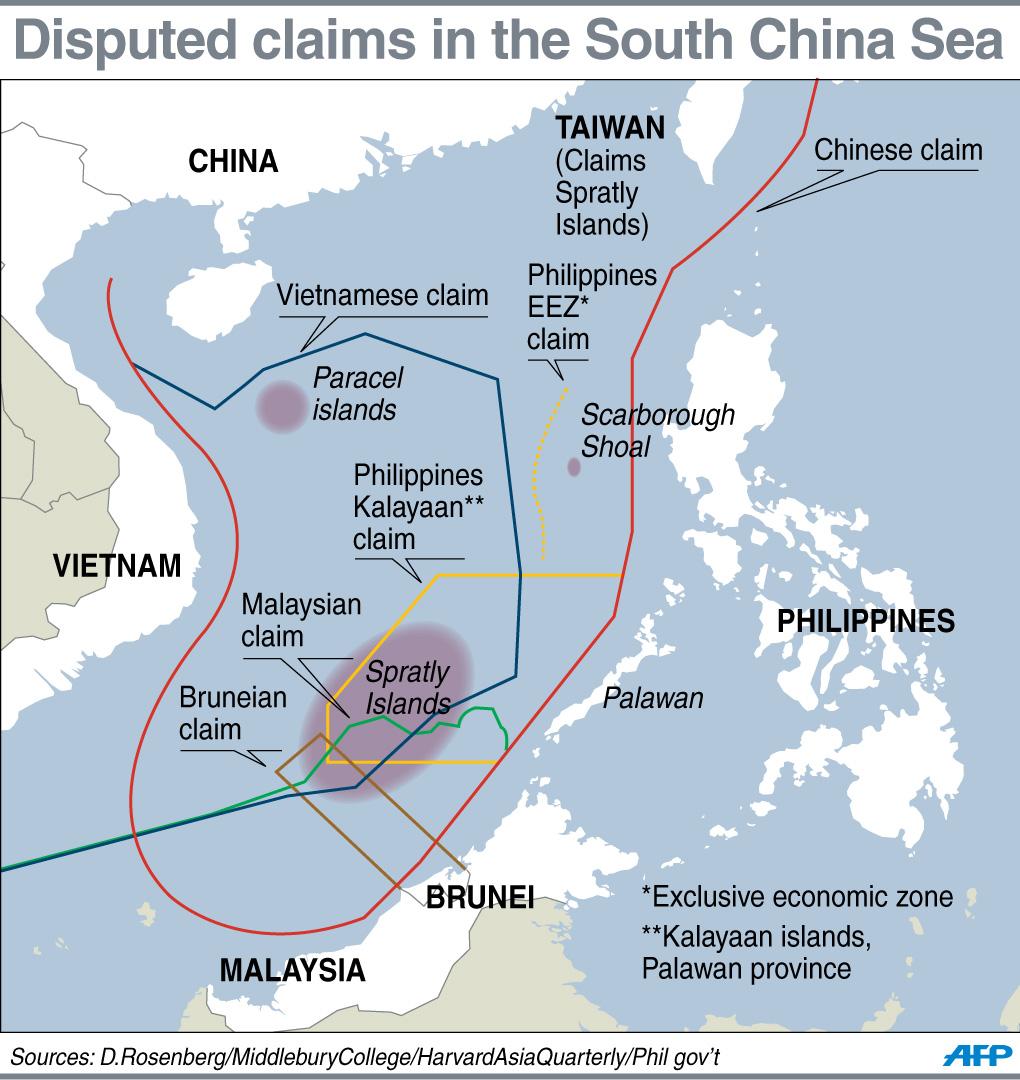South China Sea issue a global concern, says Japan
Published March 7, 2024 10:16am Japan on Thursday said the volatile situation in the disputed South China Sea is an international concern as it threatens peace and stability in the region following China’s latest aggressive actions against Philippine government resupply vessels that injured four Filipino personnel. In a statement, Japan’s Ministry of Foreign Affairs expressed […]


Japan on Thursday said the volatile situation in the disputed South China Sea is an international concern as it threatens peace and stability in the region following China’s latest aggressive actions against Philippine government resupply vessels that injured four Filipino personnel.
In a statement, Japan’s Ministry of Foreign Affairs expressed alarm over Tuesday’s dangerous maneuvers by China Coast Guard that resulted in a collision with a Philippine Coast Guard vessel and its assault by water cannon against a smaller boat carrying food and other provisions for a small Filipino military contingent stationed at the grounded BRP Sierra Madre in Ayungin Shoal.
The water cannon attack shattered the glass windows of the Philippine supply boat and caused injuries to personnel on board.
Such “dangerous actions,” said Japan, increase regional tensions and undermine regional peace and stability.
“Japan believes that the issue concerning the South China Sea is directly related to the peace and stability of the region and is a legitimate concern of the international community,” Japan’s Foreign Ministry said.
The Japanese government stressed that it “opposes any unilateral attempts to change the status quo by force as well as any actions that increase tensions in the South China Sea.”
The Philippines, China, Taiwan, Vietnam, Malaysia and Brunei have been embroiled in years-long territorial disputes over resource-rich features in the South China Sea — feared as Asia’s next potential flashpoint for a major armed conflict.
China claims the waters nearly in its entirety despite an international tribunal ruling on a case filed by the Philippines that invalidated such assertion.
Similarly in the East China Sea, Japan has its long-running territorial disputes with China.
China claims the islands as its territory and refuses to recognize Japan’s claim to the uninhabited islands, which the Japanese call Senkakus in Japanese and the Chinese call Diaoyu.
Japan also said it fully supports the 2016 arbitration ruling that upheld Philippine sovereign rights in its exclusive economic zone (EEZ) and denigrated China’s expansive territorial claims in the disputed waters, adding that China should respect the tribunal’s decision.
“The arbitral award is final and legally binding on the parties to the dispute under the provisions of the United Nations Convention on the Law of the Sea (UNCLOS), and Japan strongly hopes that the parties’ compliance with the award will lead to the peaceful settlement of disputes in the South China Sea,” it said.
The Foreign Ministry also said that Japan will continue to cooperate with the international community such as the Association of South East Asian Nations, of which four members, including the Philippines, have overlapping claims in the South China Sea, and the United States “to protect the free and open international order based on the rule of law.”
Manila has summoned China’s deputy ambassador to protest the aggressive and dangerous moves undertaken by the China and condemned its “interference with the Philippines’ routine and lawful activities in its own exclusive economic zone,” calling their actions “unacceptable.”
The BRP Sierra Madre, grounded at the shoal since 1999, serves as a military outpost and has become a symbol of Philippine sovereignty.
Ayungin, also known by its international name Second Thomas Shoal, is 105.77 nautical miles from the nearest Philippine province of Palawan and constitutes part of the country’s 200-nautical mile EEZ and continental shelf as provided under a United Nations convention.
The Philippines decided to put up a permanent station on Ayungin Shoal in response to China’s illegal occupation of Panganiban Reef, also known as Mischief Reef, a Philippine territory, in 1995. —KBK, GMA Integrated News














